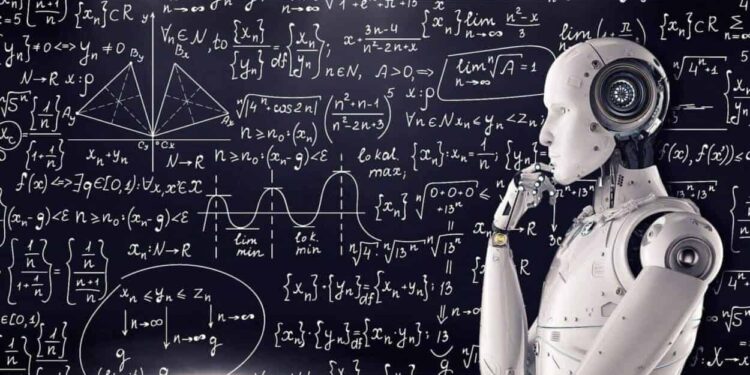Imagine a world where machines possess the same cognitive abilities as humans: thinking, learning, and decision-making. It’s not just a figment of science fiction anymore; it has become an integral part of our daily lives. We’re currently experiencing this reality.
Join us in exploring the captivating realm of AI’s transformative power—and possible dangers.
Historical Overview of AI
AI has captivated the imagination of science fiction enthusiasts for decades. It has been prominently featured in renowned works like Isaac Asimov’s “I, Robot” and Stanley Kubrick’s “2001: A Space Odyssey.”
However, it was not until the middle of the 20th century, when powerful computers emerged, that AI transitioned from a mere concept to a tangible reality.
Since then, artificial intelligence (AI) has undergone remarkable development. The continuous advancements in machine capabilities and algorithms have exponentially propelled AI’s growth.
Today, this groundbreaking technology finds applications across various domains, including medicine, finance, and manufacturing. Its potential knows no bounds as it constantly pushes the boundaries of our imagination.
In the years to come, AI is poised to transform our world. Its ongoing development and increasing prevalence guarantee that its impact will only continue to expand.
AI will remain a contentious topic for years to come. Opinions on AI span from those who see it as a potential saviour to others who fear its misuse and ethical implications. Regardless of one’s stance on the issue, it is undeniable that AI is reshaping our world.
Real-World Applications of AI
AI is playing an increasingly important role in different areas of our lives. Its applications span from consumer products to life-saving technologies, demonstrating its widespread impact. Let’s look at a few examples of how AI is currently used in the real world.
Smart personal assistants like Siri and Alexa, powered by advanced AI technology, are increasingly becoming commonplace in both our homes and offices.
Autonomous vehicles have started to make their presence known on the roads, courtesy of advancements in AI-powered sensors and decision-making systems.
AI is revolutionizing the field of medicine by aiding doctors in the development of advanced treatments for complex diseases like cancer and Alzheimer’s. By analyzing vast amounts of data, AI assists healthcare professionals in detecting underlying patterns and enhancing diagnostic accuracy.
AI, in the future, will become even more widespread. Its applications will extend beyond our homes and workplaces, potentially enhancing our lives in countless ways as its capabilities continue to grow
AI has the remarkable potential to revolutionize our world in ways we can’t even fathom yet. The possibilities range from enhancing decision-making speed to uncovering breakthrough treatments for diseases.
Witnessing these advancements unfold is exciting. Of course, like any transformative technology, there are risks associated with overly relying on artificial intelligence. Corporations could turn to AI to do jobs and render human workers useless. We saw that issue arise during the SAG-AFTRA strike when writers were asking executives to commit to not using AI to write the episodes of television series’ or movies.
However, if used responsibly and thoughtfully, there is no doubt that AI’s potential can pave the way for a brighter future. It only requires us to have faith in the compassion and humility of our fellow humans. Yeah. I know. Scary.





